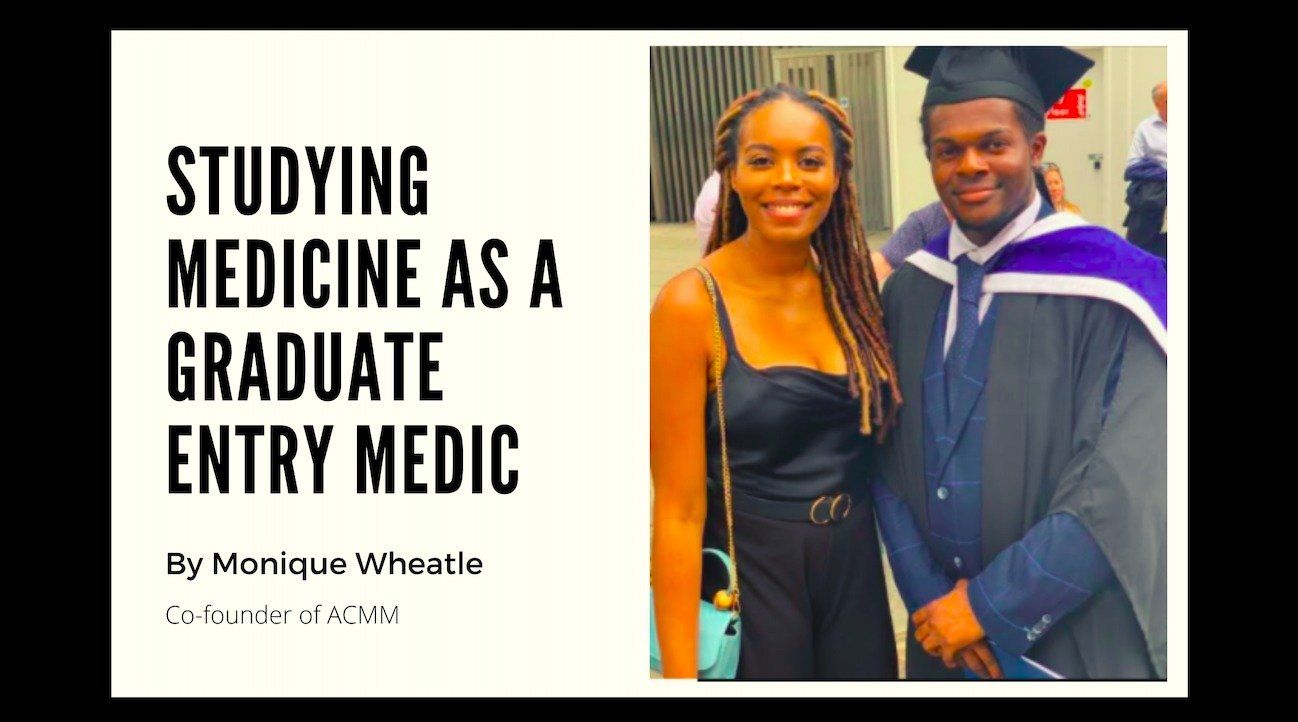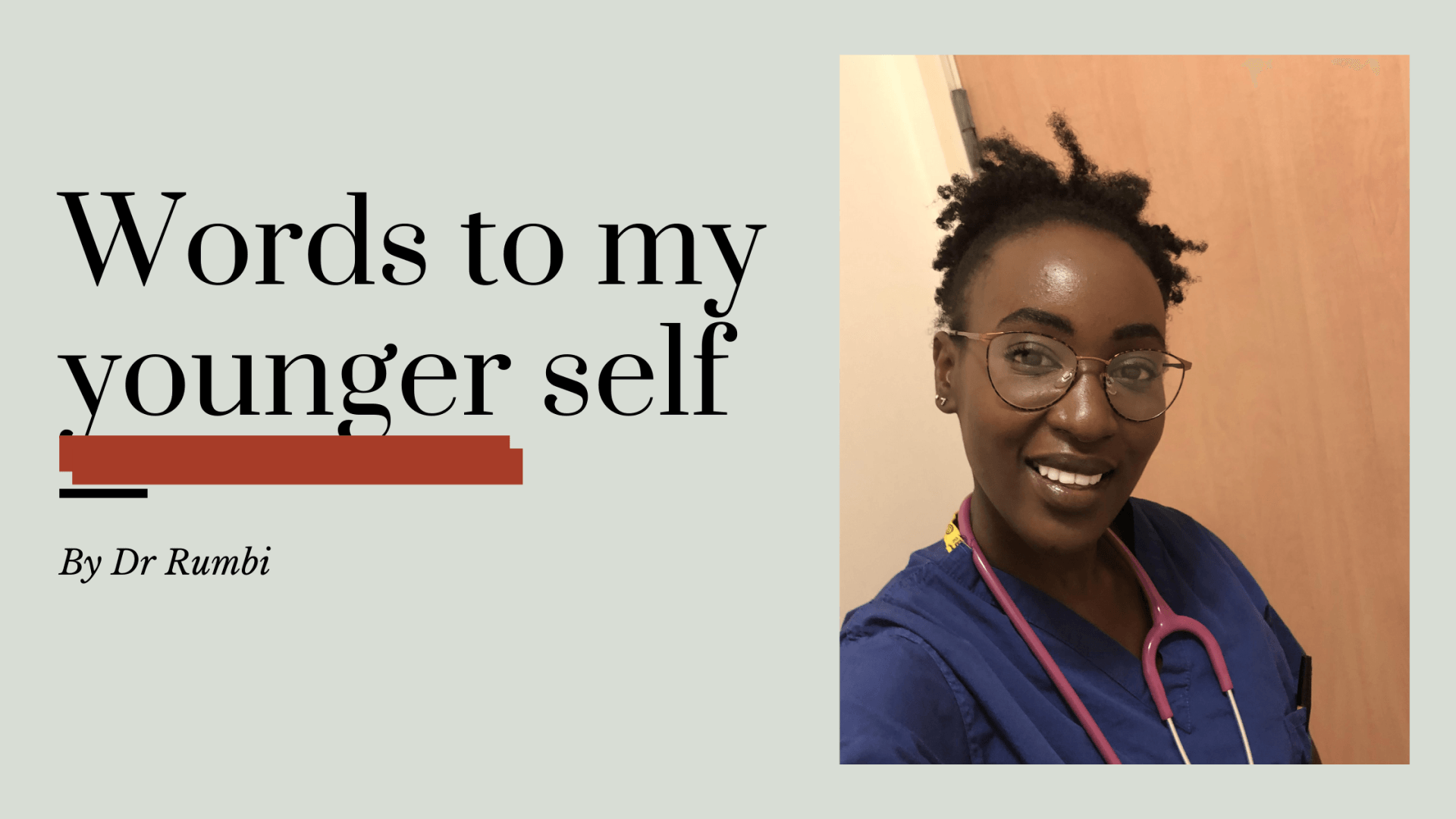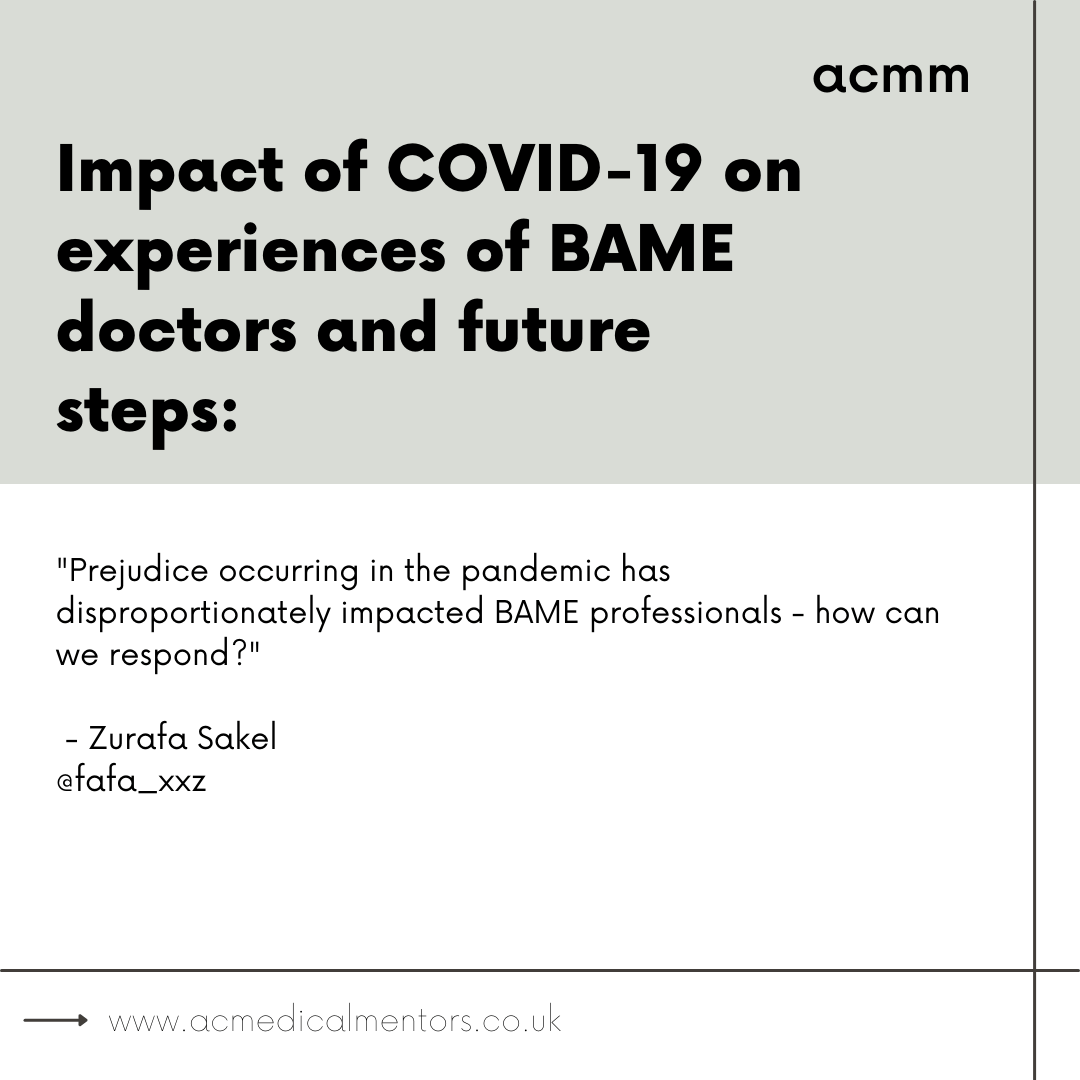How European medical schools are tackling the COVID-19 pandemic
All the news about Coronavirus right now can be daunting. Particularly for students that study medicine at European medical schools. They may be finding it difficult to find the right information to understand what will happen to their education/academic semesters.
Current Situation in Eastern European Countries

On the 13th of March, the Bulgarian authorities declared a “State of Emergency” in Bulgaria and introduced several measures in response to the pandemic. With many schools and universities closing, sending students home, or offering online-only lessons.
The first two cases of COVID-19 were confirmed by the Bulgarian authorities on the 8th of March 2020, a 27-year-old man from Pleven and a 75-year-old woman from Gabrovo. The man is thought to have been in contact with Italian students but tested positive after being hospitalized for a respiratory infection. It is unknown how the woman contracted the virus, but authorities planned to test other individuals who were in contact with the two.
“On the basis of the Orders of the Minister of Health dated March 8th, 2020 and due to the evidence of the first cases of COVID-19 in the town of Pleven and Bulgaria the classes at Medical University – Pleven are stopped till March 14. The students are not allowed to leave their homes and visit any public places in the city such as cinemas, theatres, concert halls, fitness centres, restaurants and discos and other places with many people in closed spaces.”

Necessary measures have been put in place and have been quickly implemented as the number of cases rapidly rises in Bulgaria from 2 cases to 81 as of the 17th of March 2020. Although Eastern Europe is in the early stages, it is anticipated that things will get worse before they get better.
In Romania , universities such as G T Popa University of Medicine and Pharmacy in Iasi has also decided to shut down until the end of March and provide online lessons in the meantime. This measure may be prolonged depending on how the situation progresses in Romania.
Similar measures have also been taken in Latvia at our partner university Riga Stradins University. On 12 March the Latvian Crisis Management Council decided to suspend in-person teaching at all educational institutions. From 13 March to 14 April all education will be conducted only remotely.
What Does This Mean for Students Studying at European Medical Schools?
“Unprecedented situations” called so by Prof. Dr. Slavcho Tomov of Pleven Medical University. He goes onto say “A micro-organism tested the world, Bulgaria and our alma mater. Emergency situation means creating new rules – order of self-discipline, of selflessness, of courage, but also of humility, of patience and humanity. I am convinced that united we will manage because we all strongly believe, hope, love and work for a common cause!”
It is not known how long this extraordinary pandemic will last, not just for European medical schools but for the world. A state of emergency in Bulgaria has not been declared since the second world war.
A temporary ban has been placed on citizens of countries such as the UK where the virus is widespread. Only those who hold a long-term residency card will be allowed entry at the moment. All students who will be returning for countries at high risk including the UK will also be required to self-quarantine for 14 days .

Nonetheless, despite this education must go on lecturers/professors who have already begun posting work online so that students who are self-isolating but well enough, can undertake the work. The primary mediums used by universities to do this are online portals, to access this student will need to log in using their specific codes/logins they would have been given by their universities.
What Does This Mean for Students Applying for Oct 2020 Entry?
Currently, there is little information available regarding how the COVID-19 outbreak will affect the admissions cycle for entry in October 2020.
Although there are no delays announced in the timeline as of yet by any of the European medical schools. We do know that universities are planning on conducting the entrance exams online rather than at the university campus or in London.
Those that were due to sit their A-level exams this year should not worry since the government has announced that they will receive the qualifications regardless of the summer exam session being cancelled this year.
Since Bulgarian medical schools such as Plovdiv Medical University only require a pass in the A-level chemistry and biology, the majority of students will still be eligible to sit the entrance exam.
Thinking about studying medicine abroad in Europe this year? Join MedConnect Europe’s live event to speak to current students and graduates!

This is a FREE virtual open day where you will get the chance to learn from current students and graduates about the opportunities available to study medicine or dentistry in Europe for both a 6-year undergraduate and 4-year graduate entry.
Please note – this post was written on the 8th of April and subject to change.
Written by Naomi Adejumo. Edited by Emefa Vondee.










